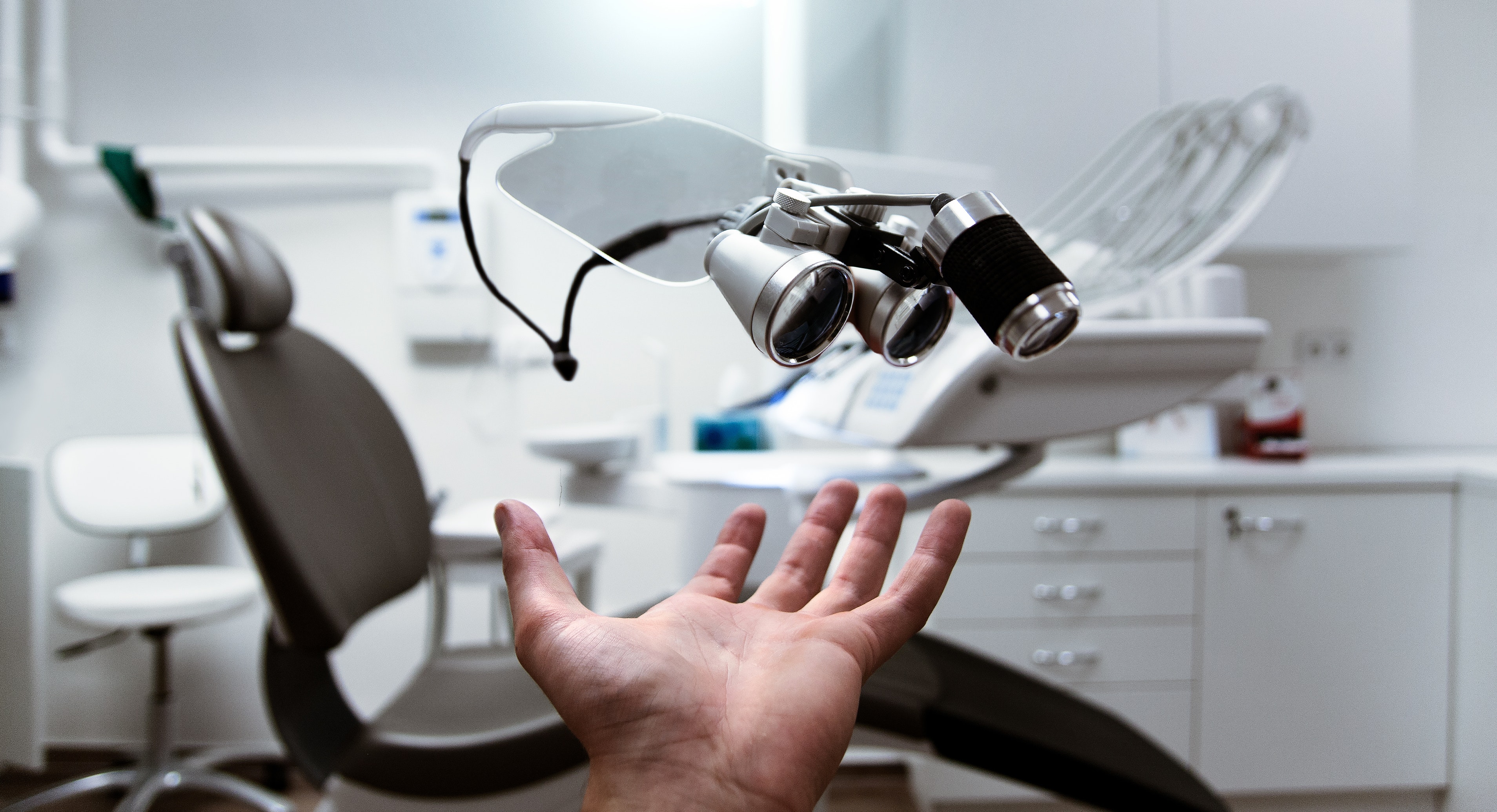Many times, I get asked, what does it take for a bank to loan you money for a dental practice and what are some of the key metrics for those types of loans.
If I could summarize the main components, this is what truly matters to the Bank. In most cases you need at least 12 months of experience (however that is not always the case). You can demonstrate a decent level of production history. You need a credit score above 700 (preferably). If you hit those low hanging targets, chances are good you won’t have a problem with the bank.
How Banks See You
Dentistry is very profitable and dentists nearly always pay back their loans. In fact, across the country the default on Dental Practice loans are less than 0.50%. In other words, 99.5% of dental practices are successful in paying back their debt obligation.
The main thing to consider is your cash-flow. Does the after-tax revenue that the practice collects cover not just your personal debts but leave you enough to live on? If you are buying a dental practice that is healthy, and you have most of the things from above, getting a great loan should be simple.
What to look for in a Lending Partner
I am a big fan of banks that specialize with dental loans. When your lending team is on the same page, it allows you to skip a lot of the mindless exercises that some smaller banks make you jump through.
Using a dental-specific lender has advantages:
- You will get a dental loan faster, and it will be more efficient.
- Most will lend 100% of the purchase price, which is usually close to 75-85% of the last years collections. (That does not mean the practice is worth 85% of last years collections, you will want to include working capital etc..)
- A dental lender will provide additional insights into a practice. Having another set of eyes of the intended practice is never a bad thing!
At the end of the day, 50% of the decision comes from the cash-flow and health of the practice, the other 50% comes from your personal finances. The bank by looking at the numbers is trying to answer this one question: Are they going to get paid back?
So, you picked a healthy practice, now it is about your personal finances!
The bank will run your credit (FICO) Score. This needs to be above 700.
Then bank will look to see if you are a good steward of your money. This is where having liquidity saved is best practice. You will want 10% saved of the purchase price. If you have not identified a practice to buy or do not know the value of the practice, shoot for $50,000 to be on the safe side.
Thirdly, the bank will look at your production history. They will want to verify that you are producing at a reasonable level, and they will also want to make sure you can perform all the procedures that the selling dentist is currently performing. Keeping records of your production history is important. Most times an office can run those reports for the previous 12 months.
The first 12-24 months of personal financial decisions are crucial to your ability to buy into a practice. Making wrong choices around student loan repayment, and not protecting your cash flow after dental school will delay your practice ownership opportunities.
If you want a Free Consultation from White Coat Wealth Management to get your personal finances organized, schedule down below:

